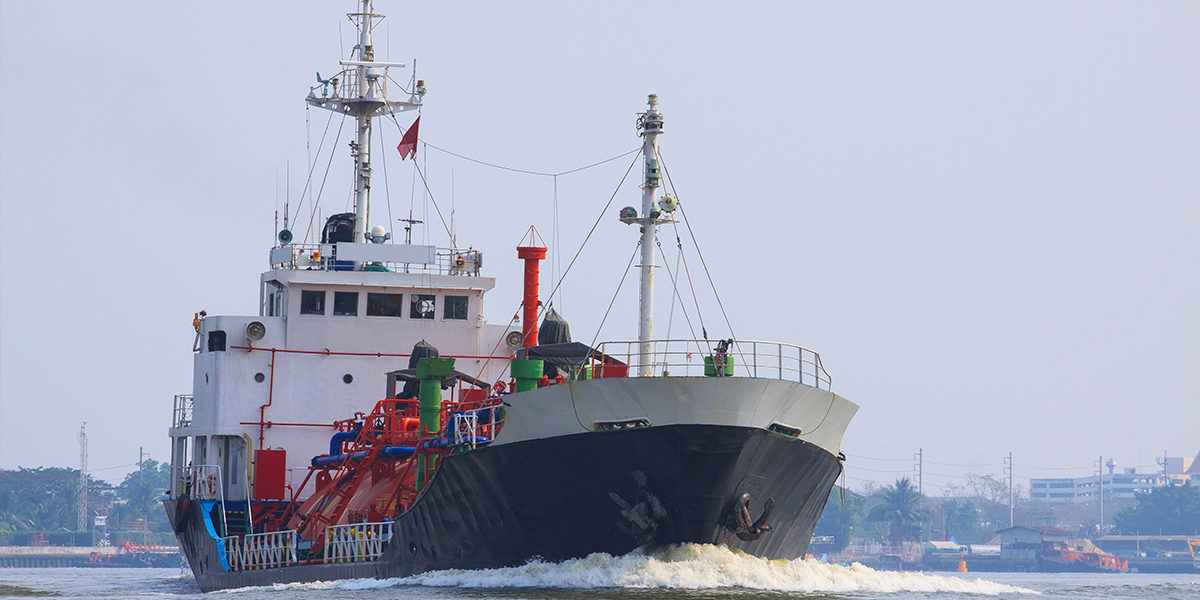
Recently, the United States Coast Guard (USCG) published two final policy letters on the use of liquefied natural gas (LNG) as a marine fuel. Released in draft form in February 2014, the policy letters address jurisdictional, technical, and training aspects of LNG fuel transfer operations on vessels using natural gas as fuel in U.S. waters and conducting LNG marine fuel transfer operations, called bunkering. In finalizing the policy letters, USCG considered 27 public submissions containing 185 comments on the draft policy letters and incorporated many public comments into the final policy letters.
USCG’s policy letters provide guidance on standardized practices for LNG fueling contemporaneously with cargo or passenger loading or unloading, consider the use of tank trucks or railroad cars in LNG bunkering operations, and state which of USCG’s existing regulations will apply to LNG bunkering operations. A thorough understanding of these policy letters will be critical for participants in the growing LNG segment of the marine fuel market, including bunkering infrastructure companies, fleet owners, and equipment manufacturers, because these policy letters will establish the foundation for USCG’s regulation of LNG bunkering operations.
Although these policy letters generally are nonbinding for vessel or waterfront operators, Coast Guard officers may use these policy directives as guides for determining whether LNG-fueled vessels and relevant personnel are trained and operated in a safe manner. In addition, these policy letters will help standardize jurisdictional issues (expanding USCG’s jurisdiction in some cases), equipment design, and operational procedures for use of LNG as a marine fuel, encouraging broader adoption of LNG as the fuel of choice for marine vessels. Finally, safety and operational guidance documents such as these policy letters can become critically important to industry because, in the absence of binding regulations, nonbinding guidance can help establish, in whole or in part, the standard of care that might apply in civil lawsuits for negligence or in claims under commercial insurance policies.
Source: Hellenic Shipping News
 IT
IT  en
en

